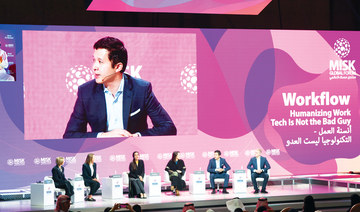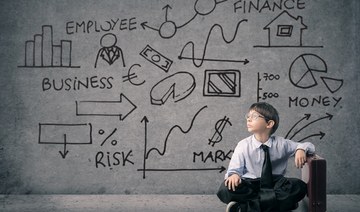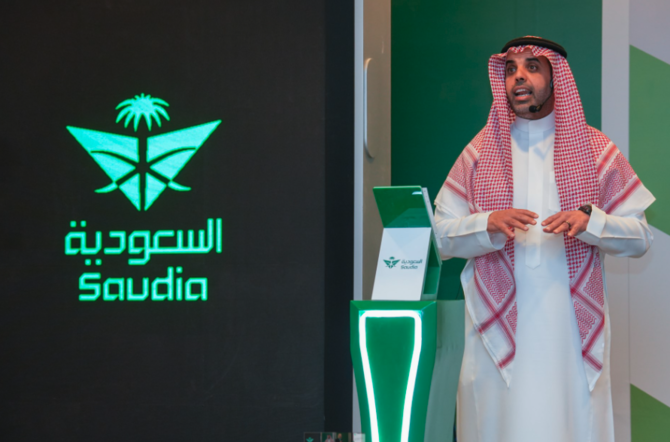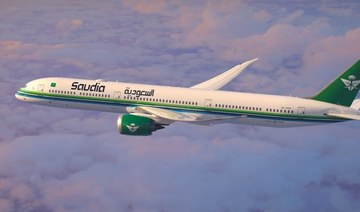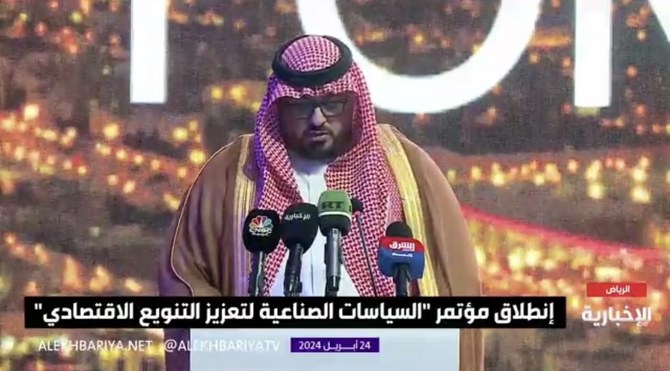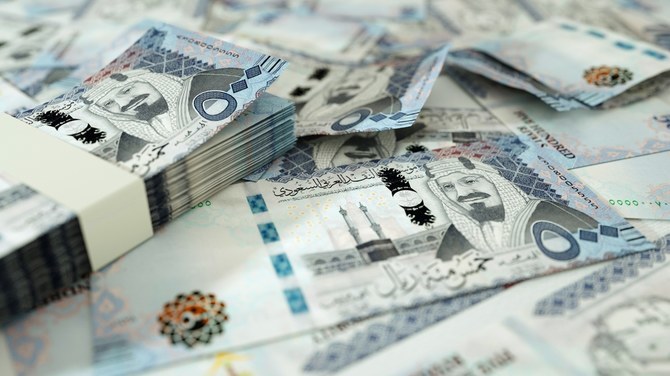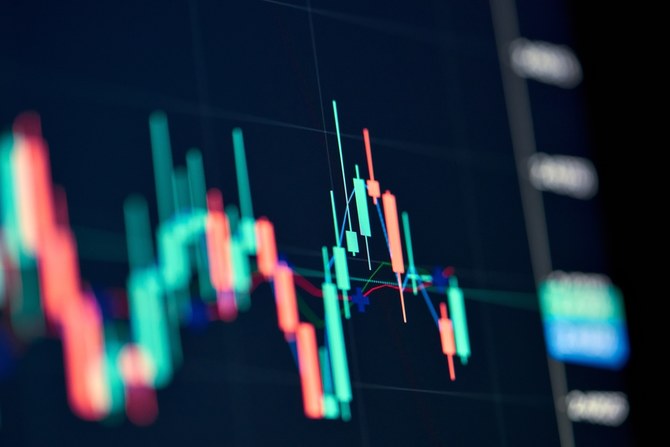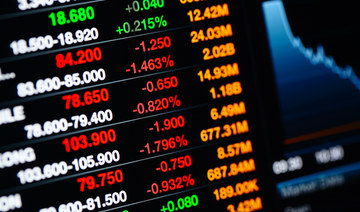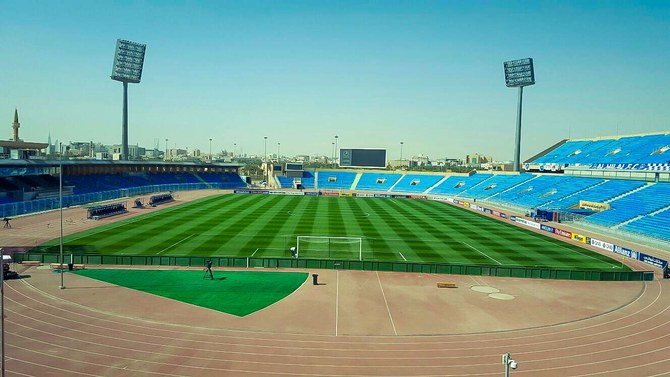AMMAN: A persistent sinus problem prompted a Jordanian entrepreneur to launch an eco-friendly dry-cleaning service that could help end the widespread use of a dangerous chemical.
“Dry cleaning” is somewhat of a misnomer because it is not really dry. It is true that no water is involved in the process, but the main cleaning agent is perchloroethylene (PERC), a chemical that experts consider likely to cause cancer, as well as brain and nervous system damage.
Kamel Almani, 33, knew little of these dangers when he began suffering from sinus irritation while working as regional sales director at Eon Aligner, a medical equipment startup he co-founded.
The problem would disappear when he went on vacation, so he assumed it was stress related.
However, when Mazen Darwish, a chemical engineer, revealed he wanted to start an eco-laundry and warned about toxic chemicals used in conventional dry cleaning, Almani had an epiphany.
“He began to tell me how PERC affects the respiratory system, and I suddenly realized that it was the suits I wore for work — and which I would get dry cleaned — that were the cause of my sinus problems,” said Almani, co-founder of Amman-based WashyWash.
“That was the eureka moment. We immediately wanted to launch the business.”
WashyWash began operations in early 2018 with five staff, including the three co-founders: Almani, Darwish and Kayed Qunibi. The business now has 19 employees and became cash flow-positive in July this year.
“We’re very happy to achieve that in under two years,” Almani said.
The service uses EcoClean products that are certified as toxin-free, are biodegradable and cause no air, water or soil pollution.
Customers place orders through an app built in-house by the company’s technology team.
WashyWash collects customers’ dirty clothes, and cleans, irons and returns them. Services range from the standard wash-and-fold to specialized dry cleaning for garments and cleaning of carpets, curtains, duvets and leather goods.
“For wet cleaning, we use environmentally friendly detergents that are biodegradable, so the wastewater doesn’t contain any toxic chemicals,” Almani said.
For dry cleaning, WashyWash uses a modified hydrocarbon manufactured by Germany’s Seitz, whose product is non-carcinogenic and environmentally neutral.
A specialized company collects the waste and disposes of it safely.
The company has big ambitions, planning to expand its domestic operations and go international. Its Amman site can process about 1,000 items daily, but WashyWash will relocate to larger premises in mid-2020, which should treble its capacity.
“We’ve built a front-end app, a back-end system and a driver app along with a full facility management system. We plan to franchise that and have received interest from many countries,” Almani said.
“People visiting Amman used our service, loved it, and wanted an opportunity to launch in their countries.”
WashyWash has received financial backing from angel investors and is targeting major European cities initially.
“An eco-friendly, on-demand dry-cleaning app isn’t available worldwide, so good markets might be London, Paris or Frankfurt,” Almani said.
• The Middle East Exchange is one of the Mohammed bin Rashid Al-Maktoum Global Initiatives that was launched to reflect the vision of the UAE prime minister and ruler of Dubai in the field of humanitarian
and global development, to explore the possibility of changing the status of the Arab region. The initiative offers the press a series of articles on issues affecting Arab societies.




